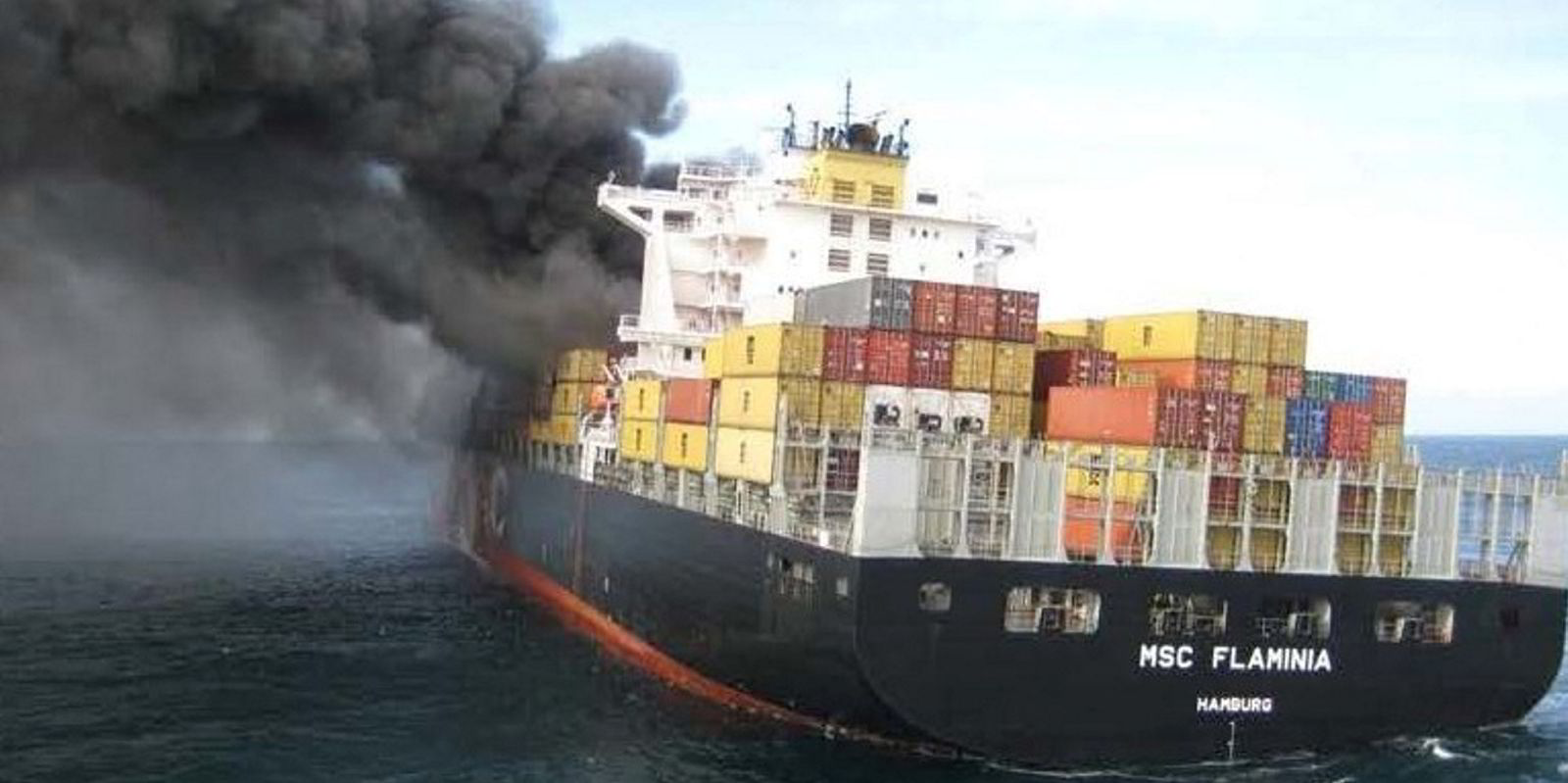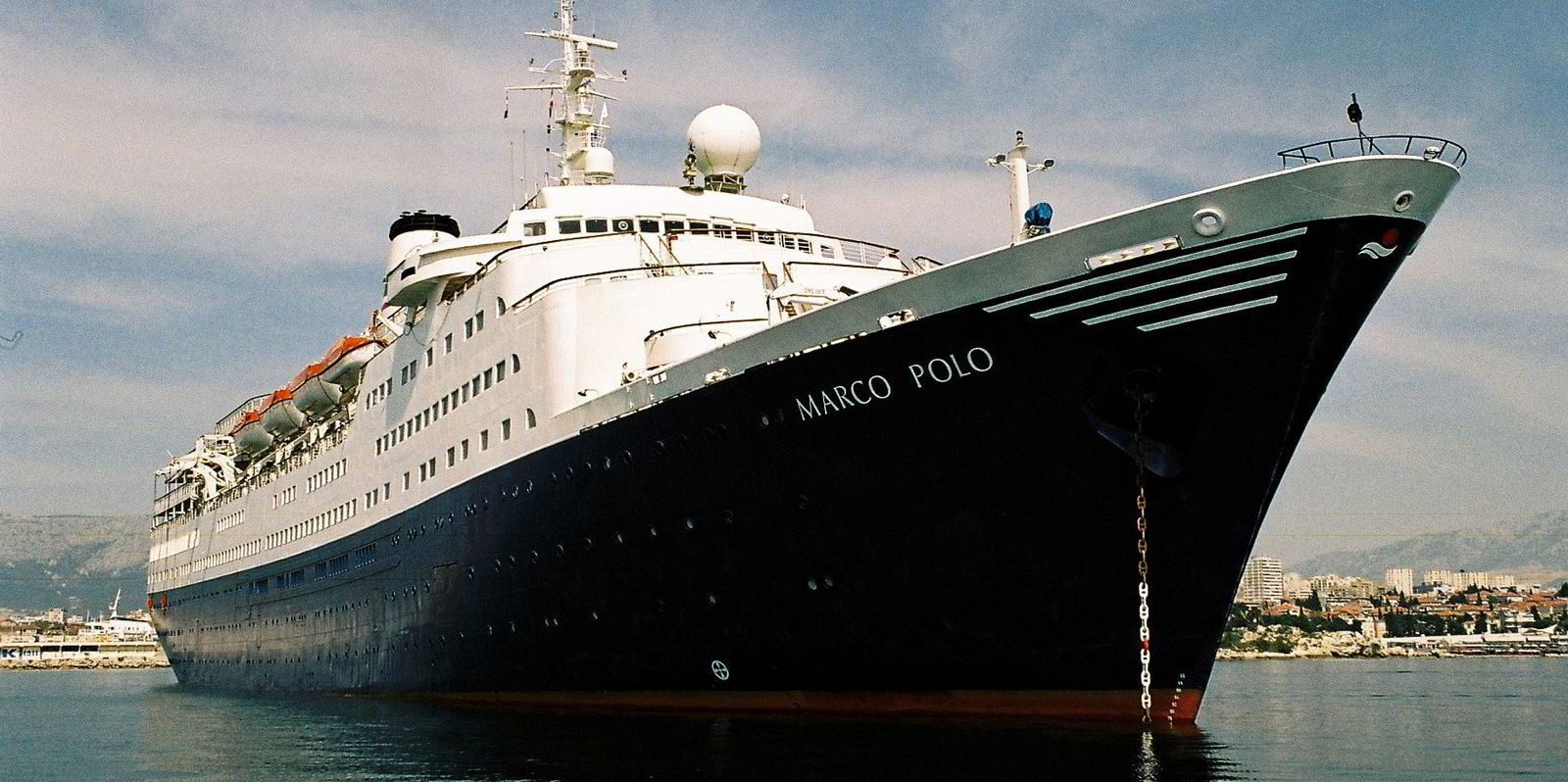Type in the words MSC Flaminia in the US federal courts' online docket system, and in one case alone 1,700 entries appear.
That is just one measure of the more than nine years that have passed since the first lawsuit was filed in the dispute, which could be worth $300m, over a Mediterranean Shipping Co (MSC)-chartered container ship that suffered an explosion and fire that killed three people on board.
Two phases of a trial have already been held in the case of the 6,732-teu MSC Flaminia (built 2001), in which Stolt-Nielsen’s Stolt Tank Containers was found at fault in 2018 alongside chemical manufacturer Deltech.
And yet more than three years later, a third phase of the trial in a US federal court has yet to be held to determine the damages that they and their insurers will have to pay.
Also in Manhattan, the Second Circuit Court of Appeals has yet to decide Stolt's and Deltech's challenges to their defeat in the liability phase of the legal fight.
Outside the courtroom, the massive effort to carry out a general average adjustment — a process to determine shared contributions to damages in a major shipping incident — is also still ongoing, legal and insurance sources said.
"It seems like all parties on this case are breathlessly awaiting the Second Circuit decision," said a lawyer with knowledge of the case.
July 2012: An explosion strikes the MSC Flaminia when a cargo of divinylbenzene undergoes a rapid chemical reaction called polymerisation. Three crew members die, and the vessel and its cargo are severely damaged.
August 2012: Trouw Nutrition USA, a cargo interest, files the first lawsuit in a US federal court over the MSC Flaminia.
December 2012: Shipowner Conti and manager NSB Group file a lawsuit in New York’s federal court seeking limitation of liability. It becomes the main forum for the litigation that would follow.
September 2018: After the second phase of the MSC Flaminia trial, US District Judge Katherine Forrest finds Deltech was 55% liable for the incident and Stolt-Nielsen 45% liable.
September 2018: Stolt and Deltech appeal.
May 2020: A panel of the US Second Circuit Court of Appeals hear oral arguments — by phone amid Covid-19 restrictions.
December 2021: US District George Daniels approves a new case management schedule with dates that stretch into November 2022.
Meanwhile, the former MSC Flaminia, long since expensively repaired at a shipyard in Romania and still managed by Germany's NSB Niederelbe Schiffahrtsgesellschaft, now trades on as the CMA CGM San Francisco, bearing the name of the French liner operator that now charters it.
The story of the litigation that would swirl around the vessel for nearly a decade began on 14 July 2012, when the container ship was crossing the Atlantic Ocean, bound for Antwerp after leaving New Orleans.
Early in the morning, the crew was alerted to problems when the alarm started to sound.
According to US District Judge Katherine Forrest's narrative in her 2018 decision faulting Stolt and Deltech, a smoky cloud was seen rising from the vessel's cargo hold, which was shortly followed by an explosion that rocked the ship. In addition to the crew deaths, the vessel and its cargo were severely damaged.
At the heart of the blast were three tank containers of 80% divinylbenzene, or DVB80, which had been produced by Deltech and were being shipped in the MSC Flaminia’s hold 4.
Known as a monomer, DVB80 experienced a chemical transformation described as a "runaway auto-polymerisation" — in which molecules rapidly link up to form long, violently expanding chains. The process can happen under certain conditions, like exposure to heat.
In the first phase of the trial, Forrest laid out her findings as to what happened to the DVB80, describing it as a "perfect storm" of circumstances that combined to cause the incident.
Then in the second phase, Forrest found Deltech responsible for 55% of the liability and Stolt responsible for 45%.
Both companies then turned to the appeals court. Oral arguments were held in May of last year — over the phone as Covid-19 raged — but the three-judge panel has taken an unusually long time to make a decision.

"It's longer than what you'd expect," said a maritime lawyer with knowledge of the case.
But he said lengthy deliberations provide little insight into how the Second Circuit decision will come down, but it could be that the judges are taking time to carefully consider how courts look at rules on hazardous cargoes.
“It’s a good opportunity for the Second Circuit to better articulate the case law on hazardous cargoes, and the obligations of the shipper and carrier,” the lawyer said.
If the appeals court keeps the liability decision against Stolt and Deltech, it could help lead to a settlement of the case as interest and legal fees accrue, sources said.
On 8 December, Stolt's lawyers at Nicoletti, Hornig & Sweeney filed the latest in a series of letters to US District Judge George Daniels to push back the schedule ahead of that trial while that appeal is unresolved.
The judge has since approved the request and a case management plan with dates that stretch out into November of 2022, more than a decade after the MSC Flaminia casualty.





